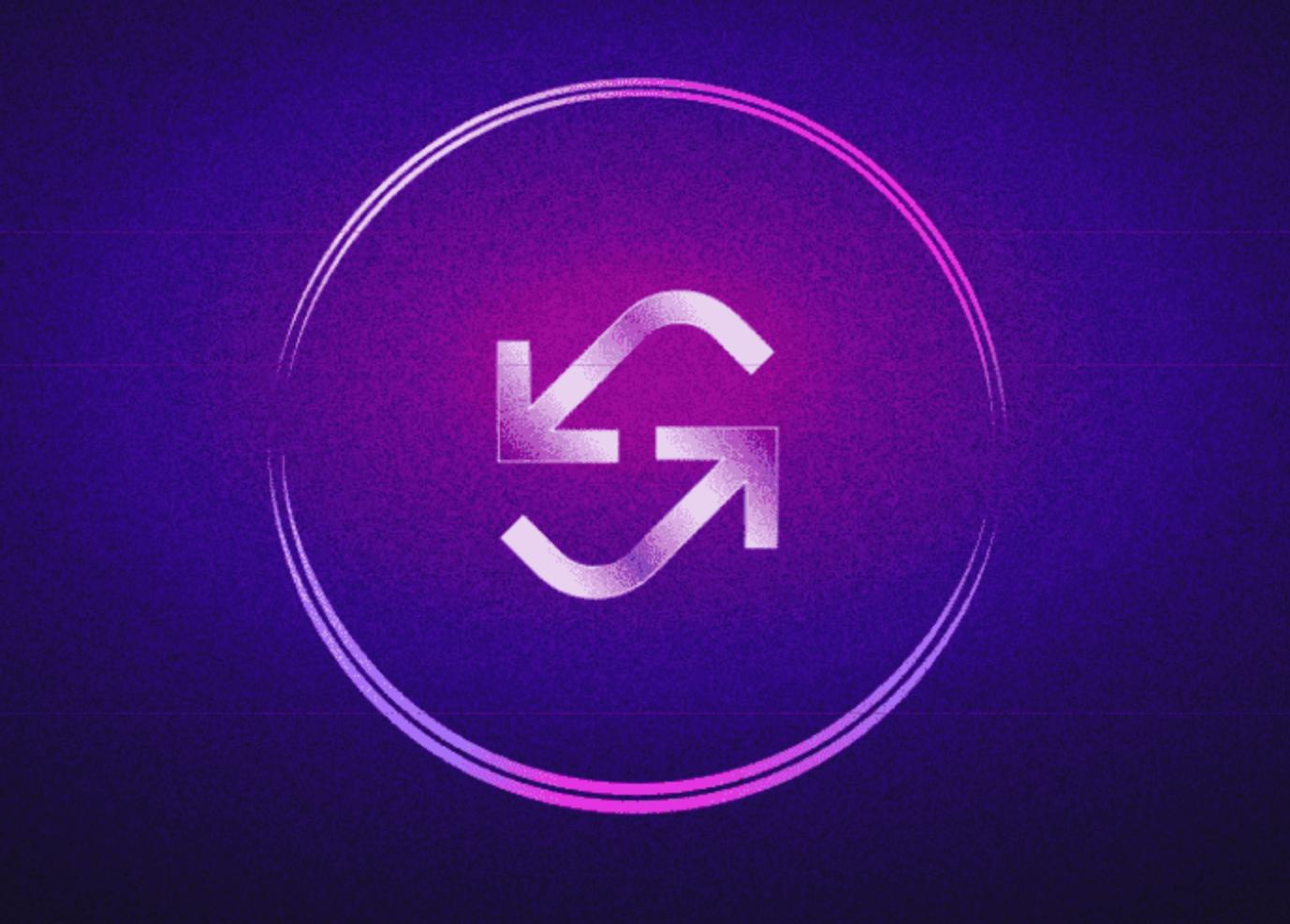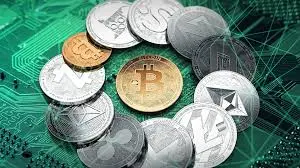Uniswap's "Value Question": How to Empower UNI?
Original Title: 《A brief roadmap for UNI holders to take control of the Uniswap protocol》
Written by: mhonkasalo, former researcher at The Block
Compiled by: Frank, ForesightNews
Uniswap is the leading decentralized exchange, with a market share on Ethereum fluctuating between 65% and 75% over the past year, and has also achieved success on networks like Optimism and Polygon.
As of now, Uniswap is most likely to become the "order book of the world," while also being the most important component of DeFi infrastructure.

However, the downside is that there is quite a bit of negative sentiment regarding Uniswap's recent progress—the UNI tokenomics is considered poor and may not necessarily bring value to token holders due to the lack of value capture and activities from Uniswap Labs (such as its venture capital arm).
Overall, the UNI community should eliminate its reliance on Uniswap Labs—Uniswap Labs should ultimately become one of the teams (possibly the most important one) working on behalf of Uniswap, while the Uniswap community should embark on a journey to maximize its own value in the short term.
Please note that due to regulatory reasons, Uniswap Labs may choose to support "community (partially) responsible projects."
So far, the community has not generated much value from the governance of Uniswap's large funds (approximately $1.6 billion in UNI), including many initiatives and grants that arguably add no value to Uniswap.
Below is a rough outline of a roadmap aimed at illustrating what better community-led work should look like. It can be divided into four steps, with the first two steps being small steps for token holders to become more active in the protocol:
- Experiment with capturing a portion of fees;
- Create a recognized (UNI) delegation platform;
- Form new teams outside of Uniswap Labs;
- Develop a development roadmap.
Experiment with Capturing a Portion of Fees
Uniswap has a fee switch that can charge LP fees of 10% - 25% on a given liquidity pool.
A common misconception is that startups should not allocate profits but should reinvest them—but Uniswap currently does not extract profits at all and instead provides exchange services for free. Moreover, Uniswap does not necessarily have to distribute profits after charging fees; this portion of funds can be collected into the treasury.
However, there is a question of whether reducing LP profits will make Uniswap less competitive in the competition with other DEXs?
Overall, the next step should be to produce a data-driven research report (we would be happy to take on this task):
- What is the impact of (experimenting with capturing a portion of fees) on LPs, and would charging a 10% fee adversely affect Uniswap's liquidity?
- Suggestions on which liquidity pool would be the best starting point for the experiment;
Create a Recognized Delegation Platform
MakerDAO pays its delegates an annual salary, which is a good idea and can be cheaply replicated through UNI incentives.
A recognized delegation platform is a good idea because token holders can elect capable individuals to drive the DAO's vision and strategy. They will be responsible for representing the will of token holders and will be aligned with this, as their incentives are tied to the success of the DAO.
In practice, starting to do this means creating a proposal similar to MakerDAO's recognized delegation program, and as the fee switch is activated and corresponding delegate representatives are chosen, the sense of participation in the UNI community will be strengthened.
Form New Teams Outside of Uniswap Labs
MakerDAO has core units that work for MKR holders, and these core units require budgets and have specific scopes of work, including protocol engineering, real-world assets (Real World Finance), data insights, etc.
UNI holders will vote on onboarding development teams and budget approvals through a standardized process, and the needs of the development teams will come from the development roadmap.
This is a great opportunity for crypto builders to join Uniswap instead of restarting a DEX competitor with only minor improvements.
Develop a Development Roadmap
This is essentially about:
- Creating a project development roadmap (and vision) that UNI holders can understand;
- Collaborating with Uniswap Labs to avoid duplication of work and achieve strategic synergy;
A list of achievable short-term goals from Hasufl (which may not all apply to Uniswap):
- Front-running protection;
- Revert protection;
- More order types (e.g., TWAPs);
- Calculators/market maker competition for user fills;
- Account abstraction;
- Payment-for-order-flow;
In addition, Uniswap has some larger interesting opportunities, such as perpetual trading and synthetic stock trading—the goal is to exit the "internal DeFi casino."
This will start with a series of proposal requests, where the community can come together to collectively advance the desired functionalities.
Next Steps
If these ideas are interesting, we will have more discussions with token holders and bring the ideas to the Uniswap community for voting with laurikainen.eth. Additionally, the recognized MakerDAO delegation platform has also been officially launched today.
In summary, token holders do not need to rely on a single team to represent them in execution, which is the essence of a decentralized protocol, and will also help drive the future development of Uniswap.










